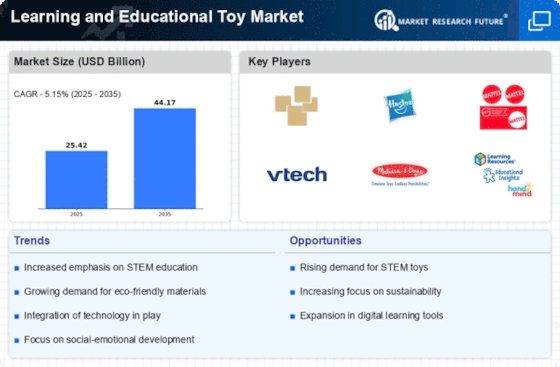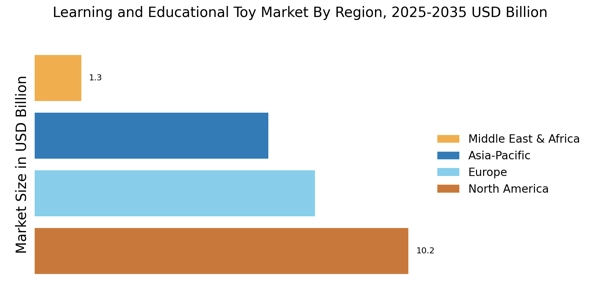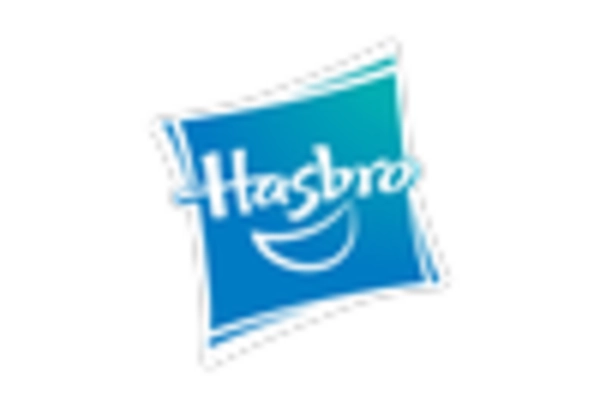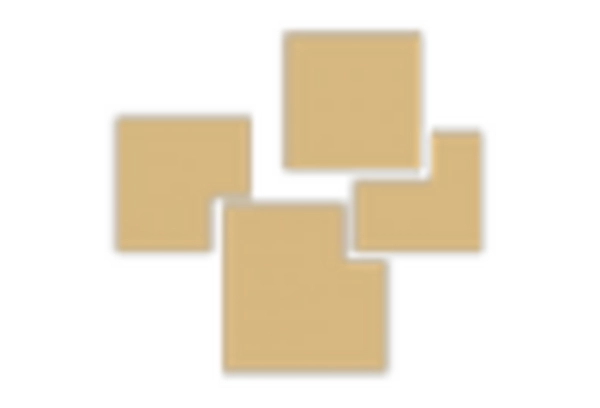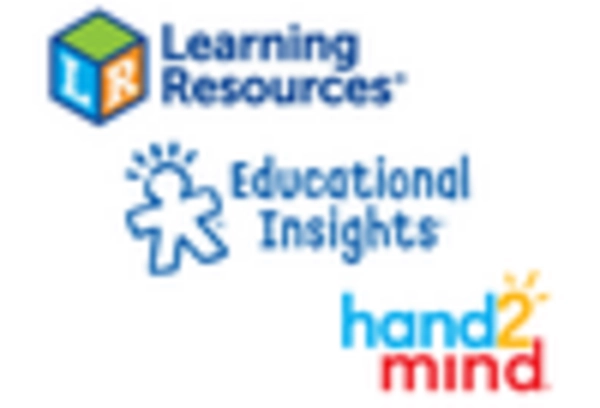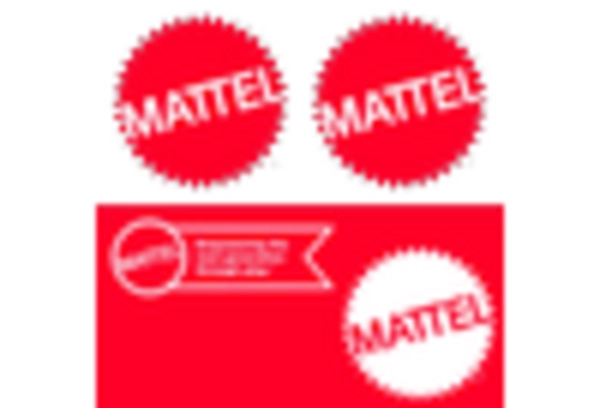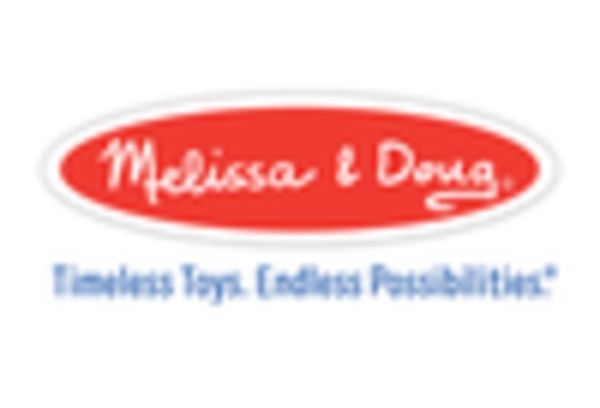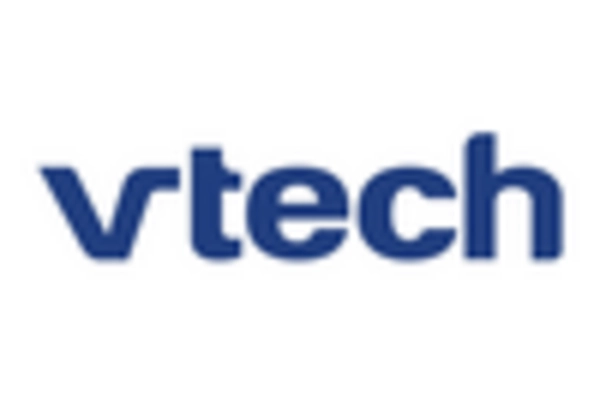The Learning and Educational Toy Market is currently characterized by a dynamic competitive landscape, driven by innovation, digital transformation, and a growing emphasis on educational value. Key players such as LEGO Group (DK), Hasbro Inc (US), and VTech Holdings Ltd (HK) are at the forefront, each adopting distinct strategies to enhance their market positioning. LEGO Group (DK) continues to focus on integrating technology into its products, fostering creativity and problem-solving skills among children. Meanwhile, Hasbro Inc (US) emphasizes partnerships with educational institutions to align its offerings with curriculum standards, thereby enhancing the educational impact of its toys. VTech Holdings Ltd (HK) is leveraging its expertise in electronic learning to expand its product range, targeting tech-savvy parents seeking educational solutions for their children. Collectively, these strategies contribute to a competitive environment that prioritizes innovation and educational efficacy.
In terms of business tactics, companies are increasingly localizing manufacturing to reduce costs and enhance supply chain efficiency. This approach appears to be particularly relevant in a moderately fragmented market, where the collective influence of key players shapes consumer preferences and purchasing decisions. The focus on optimizing supply chains is likely to enhance responsiveness to market demands, thereby fostering a more agile competitive structure.
In August 2025, LEGO Group (DK) announced a partnership with a leading educational technology firm to develop a new line of interactive learning kits. This strategic move is significant as it not only reinforces LEGO's commitment to educational play but also positions the company to tap into the growing demand for tech-integrated learning solutions. The collaboration is expected to enhance LEGO's product offerings, making them more appealing to modern parents who prioritize educational value.
In September 2025, Hasbro Inc (US) launched a new initiative aimed at promoting STEM education through its toy lines. This initiative is noteworthy as it aligns with global educational trends emphasizing science, technology, engineering, and mathematics. By positioning its products within this educational framework, Hasbro is likely to attract a broader consumer base, particularly among parents seeking to provide their children with foundational skills for the future.
In October 2025, VTech Holdings Ltd (HK) unveiled a new range of AI-powered learning toys designed to adapt to individual learning paces. This development is particularly relevant as it reflects a growing trend towards personalized education. By incorporating artificial intelligence into its products, VTech is not only enhancing the learning experience but also differentiating itself in a competitive market increasingly focused on tailored educational solutions.
As of October 2025, the Learning and Educational Toy Market is witnessing trends that emphasize digitalization, sustainability, and the integration of artificial intelligence. Strategic alliances among key players are shaping the landscape, fostering innovation and enhancing product offerings. Looking ahead, competitive differentiation is likely to evolve, with a shift from price-based competition to a focus on innovation, technology integration, and supply chain reliability. Companies that can effectively leverage these trends will likely secure a competitive edge in this rapidly changing market.


